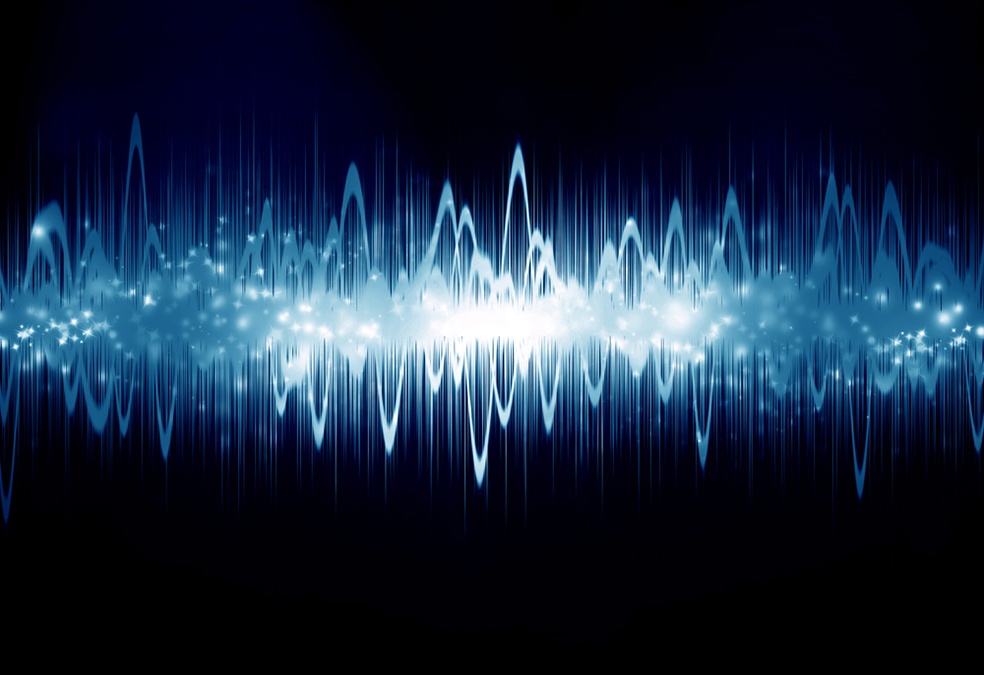 Do you experience dizziness when you hear a certain sound? Or perhaps when you hear the old test tone on a television, a mosquito’s buzz, a trumpet, construction machinery, or a baby’s incessant crying?
Do you experience dizziness when you hear a certain sound? Or perhaps when you hear the old test tone on a television, a mosquito’s buzz, a trumpet, construction machinery, or a baby’s incessant crying?
The sounds may actually be so subtle that you never realized they were the cause of your vertigo attack.
If you do, you may have a condition called semicircular canal dehiscence, and you may feel dizzy when you cough or when atmospheric pressure changes as well.
Scientists from the University of Utah, Johns Hopkins School of Medicine, and the University of Mississippi have now come up with a possible explanation as to why dizziness occurs as a response to certain sounds and have published their findings in the journal Scientific Reports.
People with a condition called semicircular canal dehiscence have an unusually thin bone that encloses their inner ear. This is different from normal people, where the parts of their inner ears that are responsible for balance and hearing is surrounded by a thick, solid bone.
When this bony enclosure becomes so thin that it develops holes, you will begin to feel dizzy, particularly when hearing certain sounds.
In the new study, the scientists wanted to find out why a hole in this bone could cause the balance sensors in your ears to send the wrong message to your brain when it hears these sounds.
Studying toadfish, which have similar inner ear mechanisms to humans, they discovered that the problem related to the inner ear fluid.
Normally, when you move your head, your inner ear fluid starts to flow through the semicircular canals of your ear, which triggers the eye movements that keep the image you are seeing stable on your retina.
But when there is a hole in the bone surrounding your balance organs, certain sounds will cause this inner ear fluid to start moving when your head is still. This sends the signal to your brain that your head is moving, which in turn triggers your eyes to move in the wrong direction. This is what makes you feel dizzy.
About one in every 100 people have this condition, and it can be corrected surgically by repairing the bone enclosure.
But an even simpler way would be to identify what sounds are causing your vertigo, and then sit down and play these sounds over and over again till your brain has realized that it’s the sound, not movement of your head, that is causing the movement.

 Overcoming IBD
Overcoming IBD Multiple Sclerosis
Multiple Sclerosis Banishing Bronchitis
Banishing Bronchitis Gum Disease Gone
Gum Disease Gone Overcoming Onychomycosis
Overcoming Onychomycosis Neuropathy No More
Neuropathy No More The Prostate Protocol
The Prostate Protocol Brain Booster
Brain Booster
 Ironbound
Ironbound
 Solution for Shingles
Solution for Shingles
 The Bone Density Solution
The Bone Density Solution
 The Ultimate Healing Protocol
The Ultimate Healing Protocol
 The Parkinson's Protocol
The Parkinson's Protocol
 The Chronic Kidney Disease Solution
The Chronic Kidney Disease Solution
 Overthrowing Anxiety
Overthrowing Anxiety The Fatty Liver Solution
The Fatty Liver Solution The Hypothyroidism Solution
The Hypothyroidism Solution
 The End of Gout
The End of Gout The Blood Pressure Program
The Blood Pressure Program
 The Oxigized Cholesterol Strategy
The Oxigized Cholesterol Strategy
 Stop Snoring And Sleep Apnea Program
Stop Snoring And Sleep Apnea Program
 The Arthritis Strategy
The Arthritis Strategy The Vertigo & Dizziness Program
The Vertigo & Dizziness Program The 3-Step Diabetes Strategy
The 3-Step Diabetes Strategy Hemorrhoids Healing Protocol
Hemorrhoids Healing Protocol The Erectile Dysfunction Master
The Erectile Dysfunction Master Weight Loss Breeze
Weight Loss Breeze The IBS Program
The IBS Program The Insomnia Program
The Insomnia Program The Migraine and Headache Program
The Migraine and Headache Program The Neck Pain Solution
The Neck Pain Solution The Menopause Solution
The Menopause Solution The Ejaculation Master
The Ejaculation Master The TMJ Solution
The TMJ Solution The Acid Reflux Solution
The Acid Reflux Solution The Fibromyalgia Solution
The Fibromyalgia Solution The Psoriasis Strategy
The Psoriasis Strategy